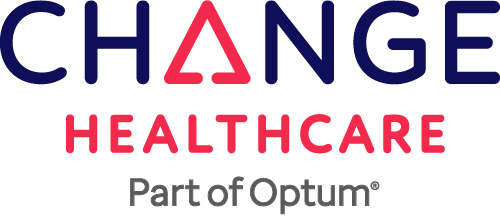 In a recent article in the Wall Street Journal, the medical establishment is rethinking the whole perioperative period – that time before surgery when you’re starving because you can’t eat or the time after surgery when you’re nauseated, in pain and overloaded with fluid. Medicine is changing, and in this case, for the better.
In a recent article in the Wall Street Journal, the medical establishment is rethinking the whole perioperative period – that time before surgery when you’re starving because you can’t eat or the time after surgery when you’re nauseated, in pain and overloaded with fluid. Medicine is changing, and in this case, for the better.
For many, many years, there has been much dogma, or unquestioned assumptions, about how to prepare and recover a patient for surgery. It was assumed they needed to fast from midnight until their surgery. While this led to anxiety and hunger, it was a necessary evil so the thinking went. The concern was that if patients ate too close to when they were going under anesthesia, there was a risk of vomiting up stomach contents and those contents getting into the lungs and hampering breathing. Gross I know, but a genuine risk.
New research suggests this, and many other cases of dogma, may not be true. If patients are allowed a carbohydrate-rich liquid 2-3 hours prior to surgery, they feel better when they wake up after surgery. With more non-narcotic pain medication prior to surgery, pain may be better controlled after surgery even without morphine or other strong drugs.
There are several things I do to minimize the strenuousness of the perioperative period in my office’s operative suite. First off, numbing medication is injected into the skin of all proposed incisions. By knocking out the pain fibers before the incision is made, the nerve endings that report pain to the brain are never triggered, thus leading to better pain control after surgery. With less pain, more activity can be contemplated. I encourage all patients to get out of bed as soon as possible and return to normal activity rather than feeling they need to be on bed rest unnecessarily.
How much activity is too much activity
I let the patients decide. If whatever they’re doing hurts, they need to back off a bit. If it doesn’t hurt, go for it! I find this mantra is easier than telling patients arbitrary activity limits when in fact, the patient is better at knowing what they can and can’t do.
To read more thoughts on this topic, check out my blog post from a few weeks ago.



